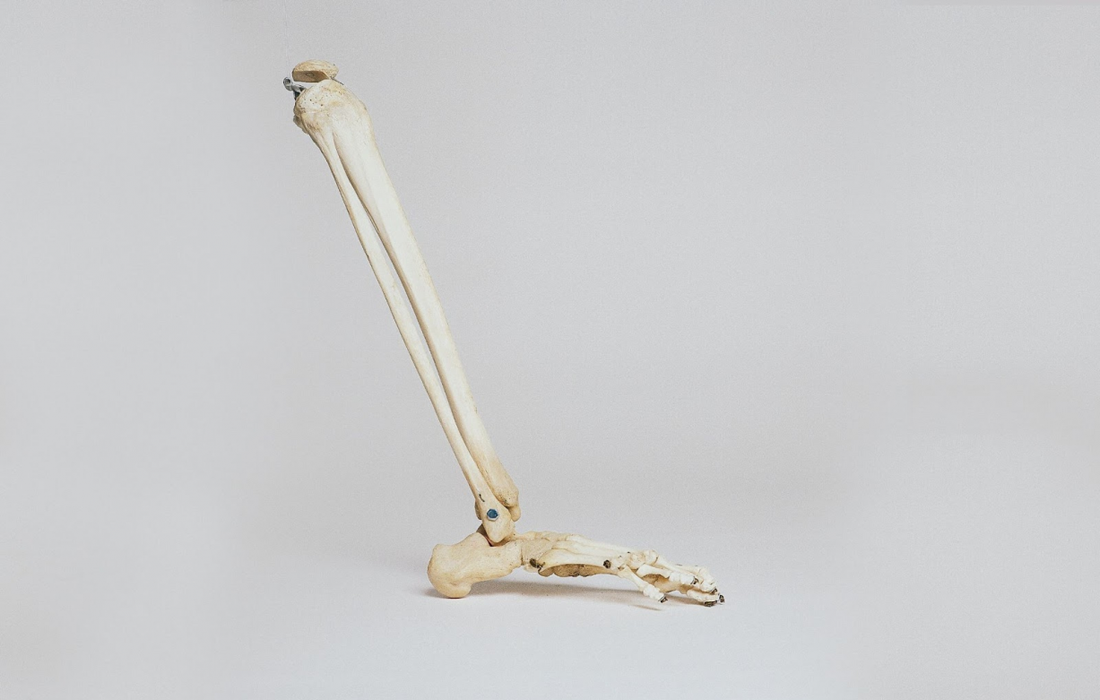Regenerative Medicine News and General Information
Is Bone Health Linked to Brain Health?
People who have low bone density may have an increased risk of developing dementia compared to people who have higher bone density, according to a study.
“Low bone density and dementia are two conditions that commonly affect older people simultaneously, especially as bone loss often increases due to physical inactivity and poor nutrition during dementia,” said study author Mohammad Arfan Ikram, MD, PhD. “However, little is known about bone loss that occurs in the period leading up to dementia. Our study found that bone loss indeed already occurs before dementia and thus is linked to a higher risk of dementia.”
Researchers looked at X-rays to identify bone density. Of the 1,211 people with the lowest total body bone density, 90 people developed dementia within 10 years, compared to 57 of the 1,211 people with the highest bone density.
“Previous research has found factors like diet and exercise may impact bones differently as well as the risk of dementia,” Ikram added. “Our research has found a link between bone loss and dementia, but further studies are needed to better understand this connection between bone density and memory loss. It’s possible that bone loss may occur already in the earliest phases of dementia, years before any clinical symptoms manifest themselves. If that were the case, bone loss could be an indicator of risk for dementia and people with bone loss could be targeted for screening and improved care.”
Sources:
Tian Xiao, Samuel Ghatan, Sanne S. Mooldijk, Katerina Trajanoska, Ling Oei, M. Medina Gomez, M. Kamran Ikram, Fernando Rivadeneira, M. Arfan Ikram. Association of Bone Mineral Density and Dementia: The Rotterdam Study. Neurology, 2023; 10.1212/WNL.0000000000207220 DOI: 10.1212/WNL.0000000000207220
American Academy of Neurology. “Is bone health linked to brain health?.” ScienceDaily. ScienceDaily, 22 March 2023. <www.sciencedaily.com/releases/2023/03/230322190844.htm>.
Images from:
Photo by Nino Liverani
https://unsplash.com/photos/Z-lOWIRn2IM

